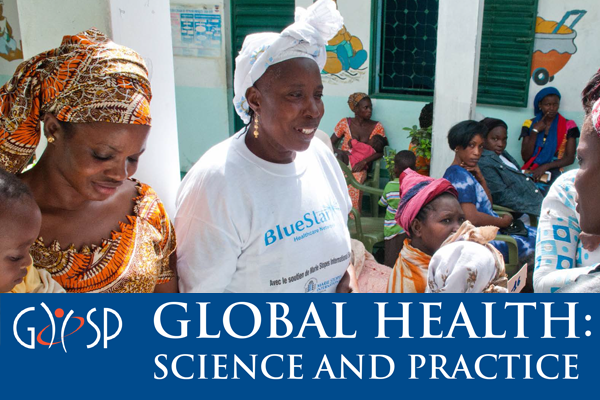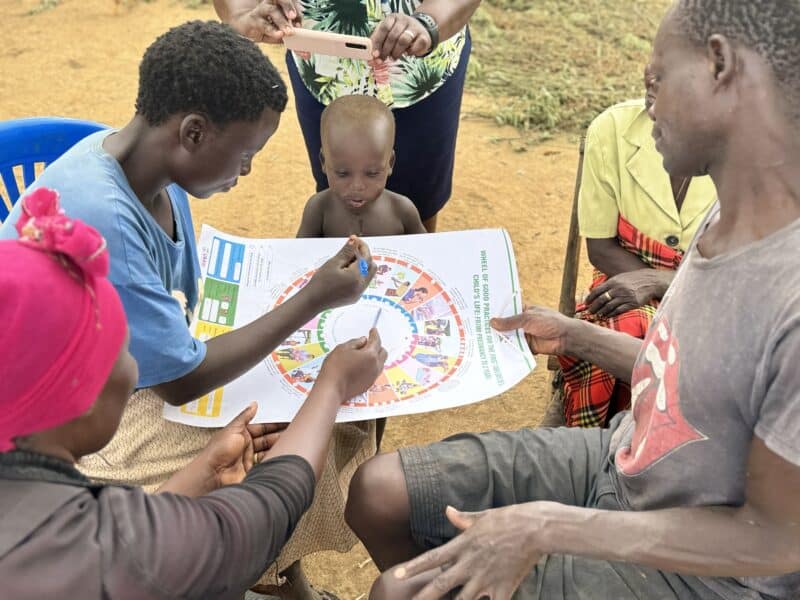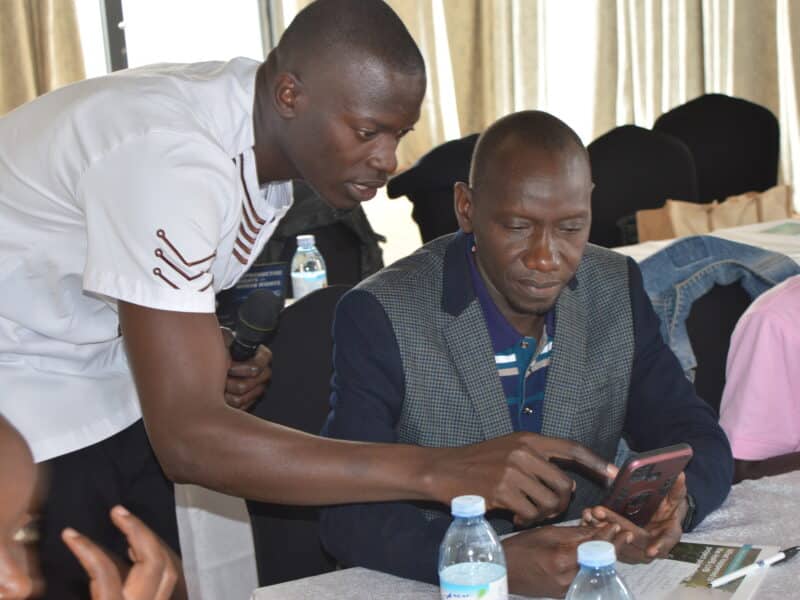Widespread use of mobile phones in low-income countries has created momentum to use these devices as a tool for provider-to-provider communication, particularly to strengthen supervisory systems for community health workers (CHWs), who often work in households or in rural settings, beyond the confines of a health facility. Over a 6-month period, researchers in the United Kingdom and Kenya evaluated the use of the WhatsApp mobile messaging platform by Kenyan CHWs and their supervisors for supervision and professional development.
Their preliminary investigation, published in the June issue of Global Health: Science and Practice, demonstrates that “with minimal training, CHWs and their supervisors tailored the multi-way communication features of this mobile instant messaging technology to enact virtual one-to-one, group, and peer-to-peer forms of supervision and support, and they switched channels of communication depending on the supervisory objectives.”
Additional highlights from the June issue include:
- Leading With LARCs in Nigeria: The Stars Are Aligned to Expand Effective Family Planning Services Decisively
- A Convenient Truth: Cost of Medications Need Not Be a Barrier to Hepatitis B Treatment
- Investing in Family Planning: Key to Achieving the Sustainable Development Goals
- School Distribution as Keep-Up Strategy to Maintain Universal Coverage of Long-Lasting Insecticidal Nets: Implementation and Results of a Program in Southern Tanzania
- Family Planning Counseling in Your Pocket: A Mobile Job Aid for Community Health Workers in Tanzania
- Handwashing With a Water-Efficient Tap and Low-Cost Foaming Soap: The Povu Poa “Cool Foam” System in Kenya
Global Health: Science and Practice (GHSP) is a no-fee, open-access, peer-reviewed, online journal aimed to improve health practice, especially in low- and middle-income countries. Issued four times a year, GHSP includes articles on all global health topics, covering diverse programming models and a wide range of cross-cutting issues that impact and support health systems. The journal is co-published by USAID and the Knowledge for Health Project, which is based at the Johns Hopkins Center for Communication Programs.





